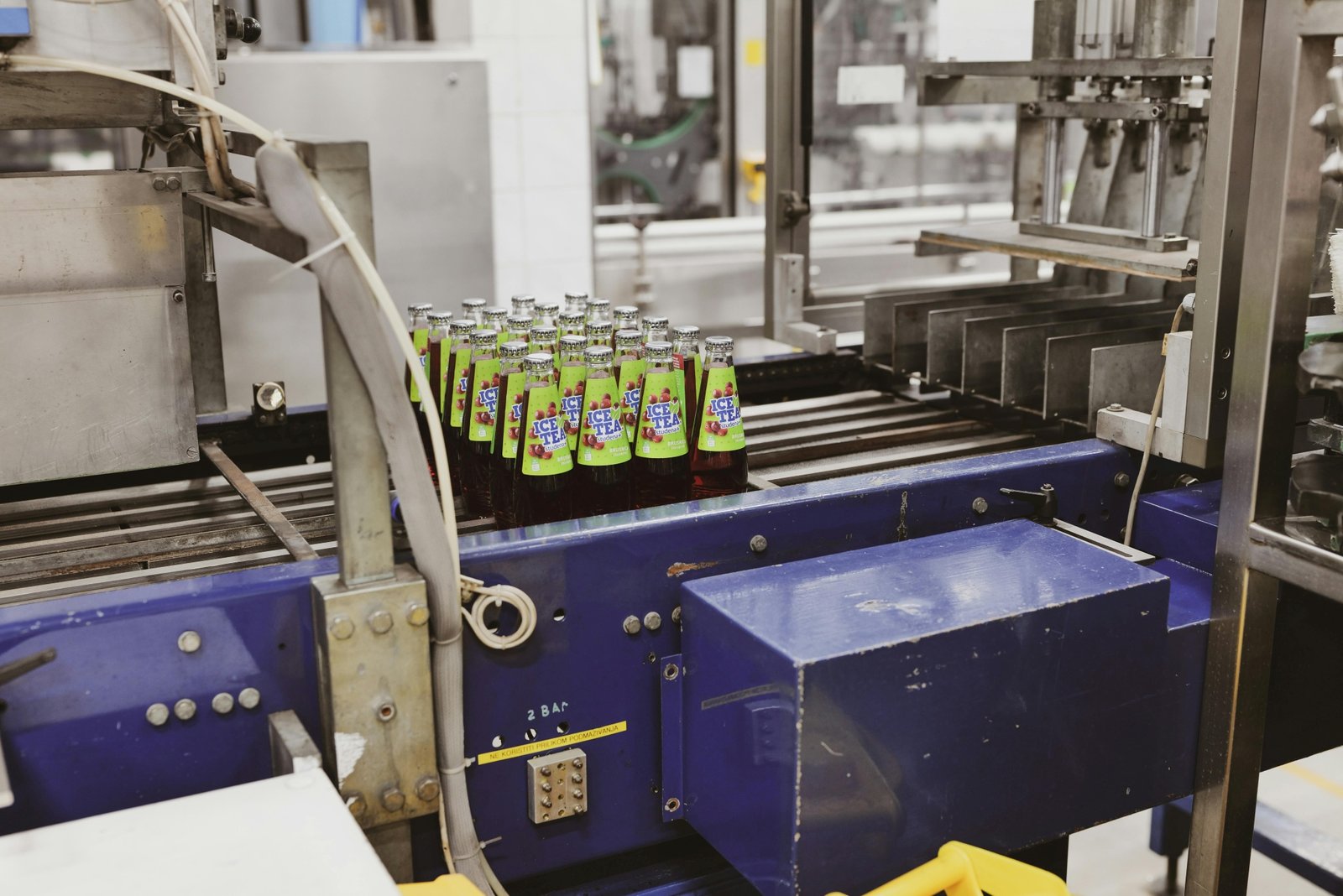What Additional Requirements Does FSSC 22000 Include Beyond ISO 22000?
While ISO 22000 provides a solid foundation for a Food Safety Management System (FSMS), the FSSC 22000 certification scheme goes further by adding specific requirements to meet GFSI (Global Food Safety Initiative) standards. If your business is looking to achieve FSSC 22000 certification, it’s important to understand the extra elements that differentiate it from ISO 22000 alone.

What Is the Relationship Between ISO 22000 and FSSC 22000?
-
ISO 22000 is the core food safety management standard
-
FSSC 22000 includes ISO 22000 plus additional requirements and sector-specific PRPs
-
Recognized by GFSI, making it preferred by global food brands and retailers
-
Designed for food manufacturers, packaging producers, animal feed companies, and more
Key Additional Requirements in FSSC 22000
1. Sector-Specific Prerequisite Programs (PRPs)
-
Mandatory use of ISO/TS 22002 series (e.g. ISO/TS 22002-1 for food manufacturing)
-
Covers hygiene, layout, equipment, pest control, waste management, etc.
-
More detailed than general ISO 22000 PRP guidelines
2. Management of Services and Purchased Materials
-
Evaluate and control suppliers of goods and services
-
Include criteria for approval, monitoring, and re-evaluation
-
Maintain records of supplier performance and risk
3. Product Labelling
-
Procedures to ensure labels meet legal and customer requirements
-
Verify allergen declarations, nutritional info, and expiration dates
-
Prevent mislabeling during packaging and rework
4. Food Defense
-
Conduct vulnerability assessment of facility and processes
-
Implement mitigation plans to prevent intentional contamination
-
Train staff on food defense awareness
5. Food Fraud Prevention
-
Risk assessment for economically motivated adulteration
-
Develop a documented food fraud mitigation plan
-
Monitor ingredient integrity, supplier transparency, and market trends
6. Logo Use and Certification Mark Control
-
Follow strict rules when using the FSSC 22000 logo
-
Prevent misuse or misrepresentation on product packaging
-
Educate marketing and sales teams about certification claims
7. Management of Allergens
-
Implement allergen risk assessments and control procedures
-
Prevent cross-contact through separation and cleaning validation
-
Label finished products with clear allergen information
8. Environmental Monitoring (for high-risk categories)
-
Regular testing of surfaces, equipment, and air in critical areas
-
Establish microbiological criteria and trending reports
-
Respond to findings with corrective actions
9. Equipment Management
-
Define maintenance programs for food safety-critical equipment
-
Use food-safe materials and ensure easy-to-clean design
-
Document calibration and servicing records
10. Additional Audit Requirements
-
Unannounced audits required at least once every 3-year cycle
-
Certification bodies must follow FSSC’s strict audit rules
-
Internal audits must also meet FSSC-specific expectations

Why These Additional Requirements Matter
-
Strengthen the FSMS beyond ISO 22000’s general framework
-
Help meet global customer and regulatory expectations
-
Improve brand reputation, risk management, and audit readiness
-
Enable access to international markets and large retail chains
Get Support for FSSC 22000 Implementation
At CAYS Scientific, we specialize in helping food businesses upgrade from ISO 22000 to full FSSC 22000 certification through:
✅ Gap assessment between ISO 22000 and FSSC 22000 requirements
✅ Implementation of additional FSSC modules (food defense, fraud, PRPs, etc.)
✅ Documentation and training support
✅ Internal audits and pre-certification readiness checks
📞 Contact CAYS Scientific today to ensure your FSMS meets all the additional requirements of FSSC 22000 and keeps your business globally competitive.


